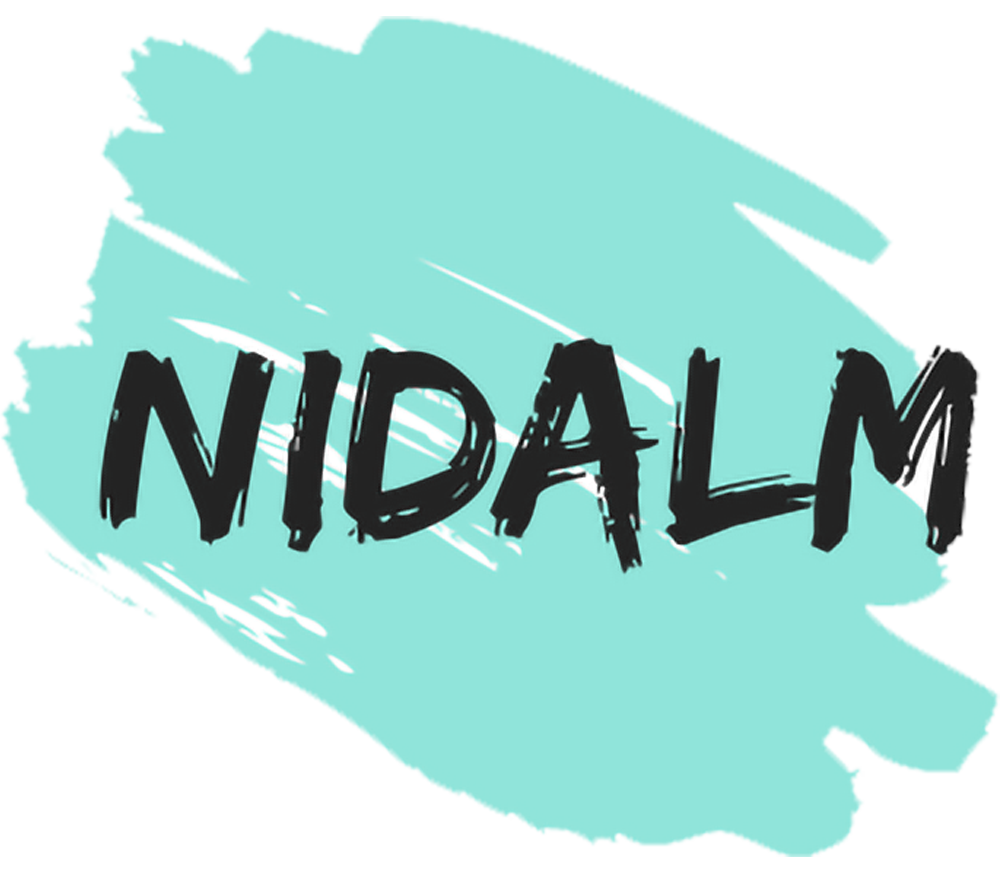
A Guide to Different Types of Proxies That Are Often Used on the Internet
The use of proxies has been in use since ages. Various countries across the globe have different legislation concerning Internet activities, but the general principles are same. Everyone can be free to use the Net, provided that they follow the rules and regulations laid down by the authorities on Internet and related issues. A lot of people take advantages of the freedom of speech on the Net, but many others do not want to expose their true identity or location. In such cases, the use of proxies can be beneficial, as explained below.
Anonymous proxies are services that mask your true IP address during the Internet communication. As detailed below, different types of anonymous proxies have been designed and created by different companies, such as Proxies server software, Obekware client software and the more popular proxies from the anonymous network. While almost all of them have the same functions, there are specific differences between them. Here is a brief summary of different types of proxies available on the Net today.
Residential proxies. As the name implies, residential proxies are used when you surf the Net from home, and you want to remain anonymous. Usually, such use of a proxy server is compulsory in schools and universities to keep an accurate assessment of the locations of the students. When there is a need to gather data for research purposes, such as Internet marketing or demographic studies, such proxies are very useful.
URL scraping. URL Scraping is also known as URL cloaking, and it is a set of practices designed to hide the true origins of a website by replacing the domain name with a “sock puppet” or other artificial entity which appears to be the owner of the website. While there are some benefits of using URL cloaking, URL scraping is mostly used in cyber attacks against websites because they make the hacker’s next attack easier. While this makes URL cloaking ineffective to some extent, there are certain benefits that are associated with it.
IP changing. Many types of proxies make use of IP changing, which is a fancy way of saying that they change your IP address to make you appear as another user on the Internet. This has the added benefit of making your computer to view the web through a different IP address, which can help you bypass restrictions that may be imposed on your computer settings. In many cases, this is an effective method to mask your real IP address from certain kinds of security systems. Different types of IP changing are widely used by those who want to surf anonymously and by cyber criminals for the purpose of attacking websites.
PPTP/PPPOE proxies. These types of proxies are used primarily for applications which require the use of an IP address. For instance, a web browser may require the user to enter a certain number to access a particular site. Such an application would require the user to log in using his real IP address and then enter that number again in order to proceed to secure his online anonymity. As such, PPTP/PPPOE proxies are widely used in cyber-crime operations.
Cloning proxies. Cloning proxies are a type of proxy that simply copies an existing proxy server. The difference between a cloned proxy and other types of proxies is that the original proxy server does not change its IP address when it is being clones. Rather, it keeps the IP address of each clone according to the location of the user who uses it.
Other than these, there are various other types of proxies that are commonly used on the Internet. However, they have certain disadvantages too, and are often used by cyber criminals to attack websites and steal online identities. Using proxies is therefore not advisable for everyone. There are certain rules that must be followed though, so that you don’t get into trouble.
